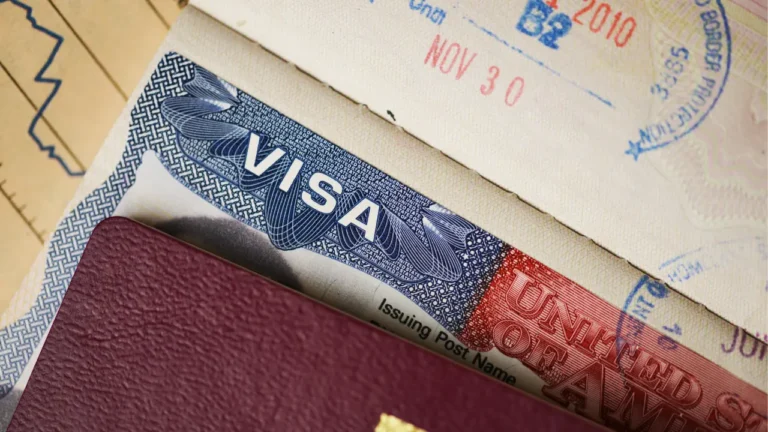"Nous recommandons vivement ILA Global Consulting - Bali et nos avocats, Peni et Renita, pour l'excellent soutien qu'ils nous ont apporté lors de la création de notre société et de l'achat de terrains en Indonésie. Leur professionnalisme et leur expertise ont rendu le processus fluide et simple. Nous leur sommes très reconnaissants pour leur service exceptionnel et nous les recommandons à tous ceux qui font des affaires en Indonésie."
João






